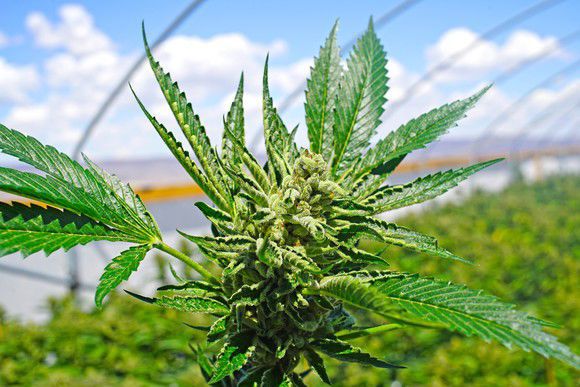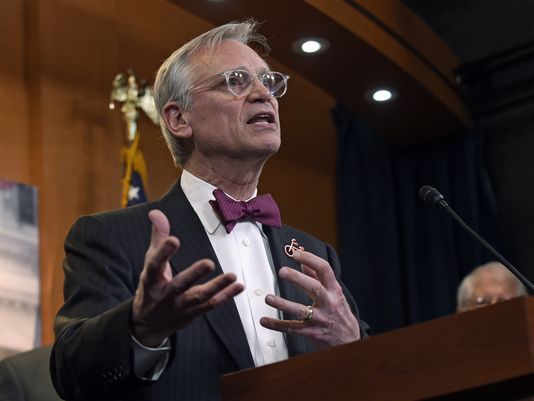America is undergoing a somewhat silent revolution concerning the prohibition of marijuana usage.
A 2017 poll of 1,122 adults conducted by Marist found that only 14 percent of those surveyed still oppose medicinal marijuana, a number so overwhelming as to allow the suggestion a clear consensus exists among the American people.
On the issue of what is now called “recreational use,” things are not as clear. The same poll found the nation divided “on whether they support or oppose the legalization of marijuana for recreational use, 49 percent to 47 percent.”
A majority of parents, the survey said, oppose recreational use but, among those who have tried it at one time or another or who currently use it today, at 70 and 89 percent support respectively, the pro-legalization movement is gaining ground fast. Attitudes in the hinterlands are clearly changing.
The same can be said of Washington. During the 2016 campaign, President Donald Trump expressed more than once his belief the nation’s marijuana laws needed to be reformed. California Republican Rep. Dana Rohrabacher and Democratic Rep. Earl Blumenauer of Oregon have, on a bipartisan basis, fought for and won – at least for the moment – a prohibition on the use of taxpayer dollars by federal authorities to prosecute medical marijuana patients or providers who are in compliance with state-based medical marijuana laws.













